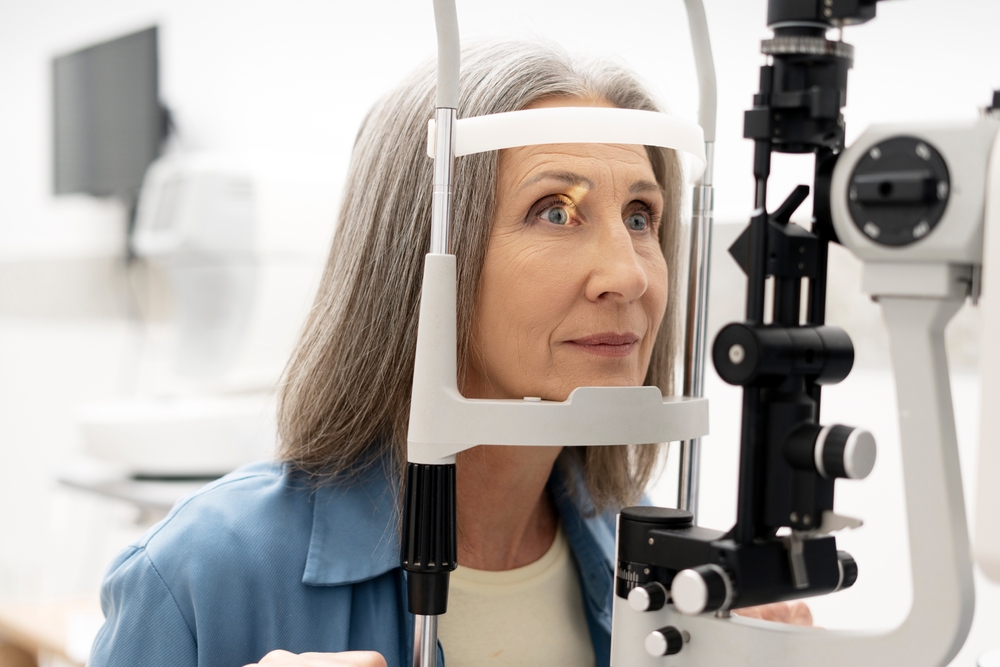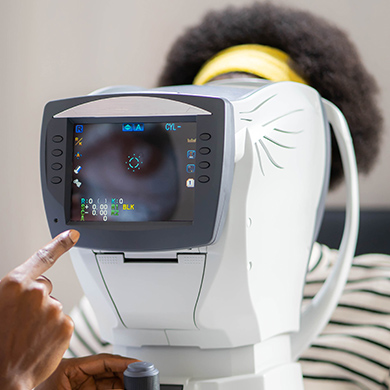
Glaucoma is often called the "silent thief of sight" because it can cause irreversible vision loss with little to no warning signs in its early stages. It’s one of the leading causes of blindness worldwide, making early detection and management critical. Understanding your risk factors and getting regular eye exams can help protect your vision for years to come.
What Is Glaucoma?
Glaucoma is a group of eye conditions that damage the optic nerve, which is essential for clear vision. This damage is often caused by abnormally high pressure in the eye, also known as intraocular pressure. There are several types of glaucoma, but the most common form, called open angle glaucoma, develops gradually and without pain.
Key Risk Factors for Glaucoma
While anyone can develop glaucoma, certain factors can increase your risk, including:
• Age: People over the age of 60 are at higher risk. For African Americans, the risk increases after age 40.
• Family History: If you have a close relative with glaucoma, your risk increases significantly.
• Ethnicity: African Americans, Hispanics/Latinos, and individuals of Asian descent are more likely to develop different forms of glaucoma.
• Eye Pressure: Elevated intraocular pressure is a major risk factor for optic nerve damage.
• Medical Conditions: Conditions like diabetes, high blood pressure, and heart disease can contribute to glaucoma risk.
• Eye Injuries or Surgery: Past trauma to the eye or previous eye surgeries may increase your chances.
• Thin Corneas: A thinner central corneal thickness can also be a contributing factor.
Why Regular Glaucoma Testing Is Crucial
Because glaucoma often progresses without noticeable symptoms, regular eye exams are essential for early detection. When caught early, treatment can slow or prevent vision loss. Without treatment, glaucoma can lead to permanent vision damage or blindness.
At Visual Health Doctors of Optometry, we use advanced diagnostic technology to check for signs of glaucoma even before you experience symptoms. Routine screenings are especially important if you fall into any of the high-risk categories.
What to Expect During a Glaucoma Exam
A glaucoma screening is non-invasive and typically includes:
• Tonometry: Measures the pressure inside your eye.
• Ophthalmoscopy: Allows your eye doctor to examine the optic nerve.
• Perimetry (Visual Field Test): Tests your peripheral vision, which is often affected first by glaucoma.
• Pachymetry: Measures the thickness of your cornea.
These tests provide a comprehensive assessment of your eye health and help guide the best course of action.
Concerned About Your Risk for Glaucoma?
Glaucoma is a serious eye condition that can lead to permanent vision loss if left untreated. The good news is that with routine testing and early intervention, it can be effectively managed. Understanding your risk factors and scheduling regular eye exams are essential steps in protecting your vision.
Schedule a glaucoma exam with Visual Health Doctors of Optometry to safeguard your vision with thorough testing and personalized care. Visit any of our offices in Alexandria, Arlington, Ashburn, Burke, Fairfax, Falls Church, Herndon, or Woodbridge, Virginia. Contact a location nearest you, or book an appointment on our website today.










